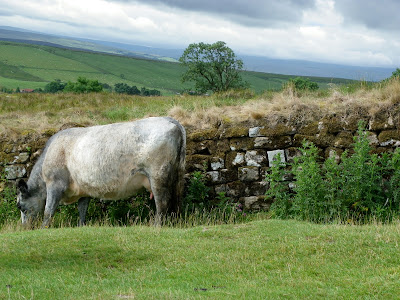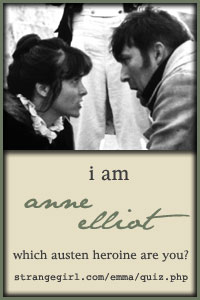Growing up where I did, summer was nicely bound, and defined, by Memorial Day and Labor Day. We are therefore now at the beginning of summer—though technically not yet, not quite, not according to the astronomical calendar or the school calendar or even the weather.
There, too, it was marked by the blooming of roses, the bush of fragrant Peace that grew in the back yard; and by the opening of doors and windows to the new warmth, to the sound of lawn sprinklers.
Here, just last night I noticed how late the light lingered, long into the evening, as I walked a bag of trash down the driveway to the can (bits and pieces from the Latin American feast I prepared for a retirement lunch midweek); and we spilled out onto the patio of the Humanities Center on campus during a reception there; wearing our summer shirt-sleeves and drinking white wine or Perrier; eating asparagus, roasted peppers, berries; watching moths dancing in the oak trees.
So for all intents and purposes, in bones and blood and tribal memory, Peace has come. Summer is here. Another month, and season, begins. I shall throw things open; venture out.
image: Nancy Delouis, Thé du Matin











+Madame+Misia+Godebska+Natanson+1895.jpg)






























